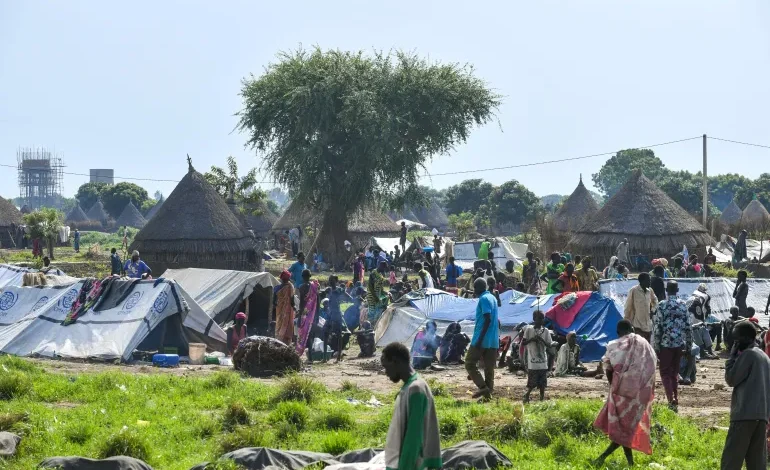Doctors Without Borders (MSF) is sounding the alarm over a growing health crisis in southwestern Ethiopia, where a rise in infant hunger and malaria is pushing humanitarian facilities to their limits.
On Wednesday, the organization reported a 55 percent jump in child admissions at its feeding center in the Kule refugee camp in the Gambella region, compared to the same period last year. Many of the infants being treated are arriving from other camps nearby.
The sharp increase comes as vital aid programmes are being shut down across the region. Funding cuts have forced the closure of nutrition services in four of the area’s seven refugee camps. That leaves around 80,000 children under the age of five at risk of life-threatening malnutrition, MSF said.
Ethiopia — home to roughly 130 million people — is already grappling with violence in several parts of the country. In Gambella, which borders South Sudan, the pressure is even greater. The region hosts just under 400,000 refugees spread across seven camps, many of them from South Sudan, where international aid programmes are also being scaled back.
MSF says the number of patient visits to the Kule camp has spiked nearly 60 percent compared to 2024.
“MSF is overwhelmed by the increased patient load, and we fear this number will likely keep rising in the coming months,” said Armand Dirks, MSF’s project coordinator in Gambella.
Some families are going to great lengths just to get basic care. One mother, Nyauahial Puoch, traveled eight kilometers from a neighboring camp to seek treatment for her 17-month-old daughter.
“Since last year, there has been a big decline. Some of the items we used to get are no longer provided at all,” MSF quoted her as saying. While they are given food once a month, Puoch added, “it always runs out before the month ends”.
On top of the malnutrition crisis, MSF is warning of a serious threat from malaria as well. Funding cuts have disrupted prevention efforts, just as the rainy season — typically May through October — drives infection rates up.
Last month, the group recorded a 125 percent rise in malaria cases, with nearly 24,000 patients — half of them coming from nearby refugee camps.
“This poses a serious threat to already vulnerable refugees who face heightened exposure to malaria-infected mosquitoes due to overcrowded living conditions and limited sanitation,” said Birhanu Sahile, MSF’s deputy medical coordinator.










The latest news in your social feeds
Subscribe to our social media platforms to stay tuned